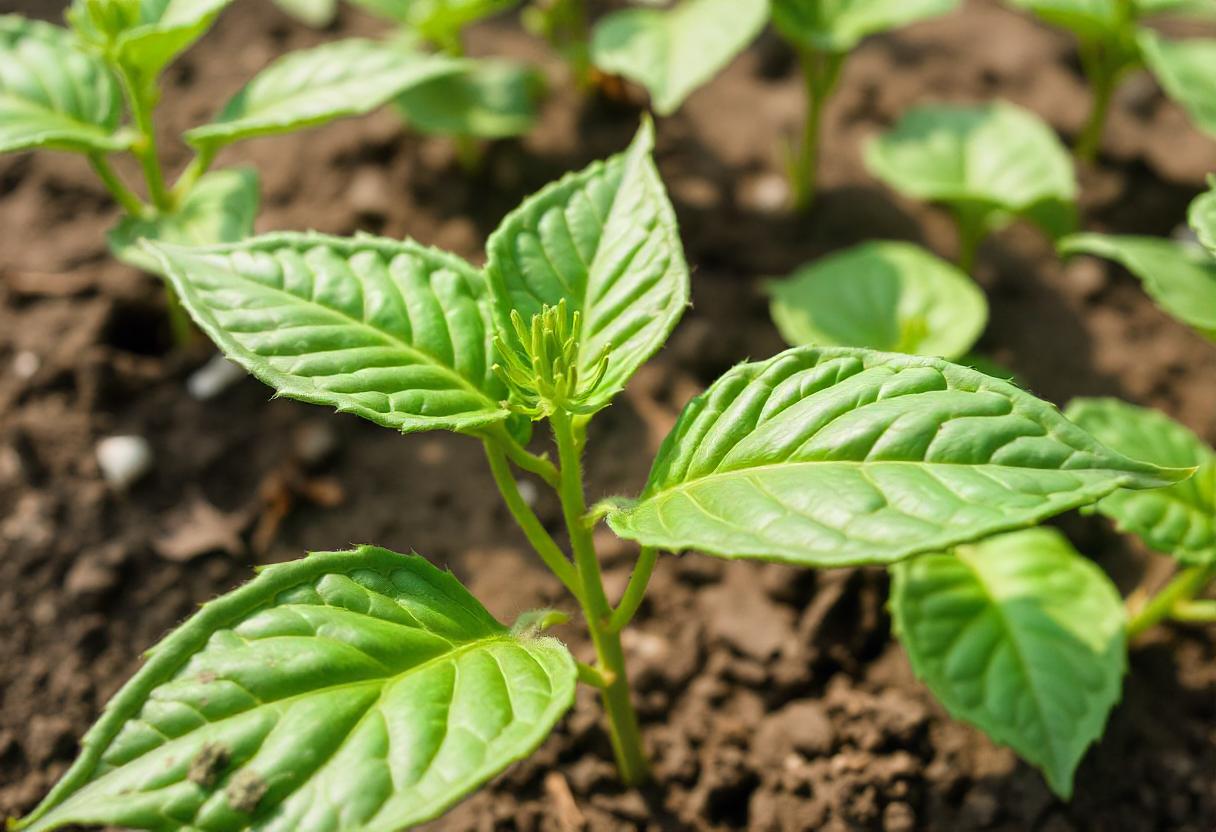
Plant disease resistance refers to the ability of plants to prevent or minimize the damage caused by pathogens such as bacteria, fungi, viruses, and nematodes. This resistance can be genetic or acquired, and plays a critical role in maintaining the health and productivity of crops. Disease-resistant plants can significantly reduce the need for chemical pesticides, making agricultural practices more sustainable and cost-effective.
Types of Plant Disease Resistance
There are two main types of plant disease resistance: qualitative and quantitative.
- Qualitative Resistance: This type of resistance is usually governed by a single gene and provides a high level of protection against specific pathogens. However, qualitative resistance can be overcome if the pathogen evolves, as it is often race-specific.
- Quantitative Resistance: In contrast, quantitative resistance is controlled by multiple genes and provides a broader spectrum of defense. Although it may not completely eliminate the pathogen, it reduces its impact, making it more durable over time.
Mechanisms of Plant Disease Resistance
Plants have developed several mechanisms to resist diseases, which include both physical and biochemical defenses.
- Physical Barriers: The plant’s surface, including its cuticle, cell wall, and bark, acts as the first line of defense. These structures prevent pathogens from entering and infecting the plant.
- Biochemical Defenses: Once a pathogen breaches the physical barriers, plants can activate biochemical responses. These include the production of antimicrobial compounds, proteins that inhibit pathogen growth, and enzymes that degrade the pathogen’s cell walls.
Breeding for Disease Resistance
Breeding for disease-resistant crops is a key strategy in modern agriculture. Traditional breeding methods involve selecting plants that exhibit resistance traits and cross-breeding them with other varieties. More recently, genetic engineering and CRISPR technology have accelerated the development of disease-resistant crops.
- Traditional Breeding: This method relies on crossing resistant plants with susceptible ones to produce offspring that carry the resistance genes. Over multiple generations, breeders can select plants that show enhanced resistance to specific pathogens.
- Biotechnology: With advancements in molecular biology, researchers can now insert genes from resistant plants or other organisms directly into the genome of susceptible crops. This process is faster than traditional breeding and can target specific pathogens with precision.
Integrated Disease Management Strategies
Integrated disease management (IDM) combines various control methods to manage plant diseases effectively and sustainably. IDM aims to reduce the use of chemical pesticides by integrating biological, cultural, and mechanical practices alongside chemical control.
- Biological Control: The use of natural enemies, such as beneficial fungi, bacteria, and insects, helps suppress the population of plant pathogens. This method is environmentally friendly and can reduce dependency on chemical fungicides.
- Cultural Practices: These include crop rotation, proper irrigation, and planting disease-free seeds. Implementing these practices can prevent the spread of pathogens and promote overall plant health.
- Mechanical Methods: Removing diseased plants, using resistant varieties, and practicing sanitation in fields can also minimize the risk of disease outbreaks.
Challenges in Disease Resistance and Management
One of the biggest challenges in managing plant diseases is the evolution of pathogens. Over time, pathogens can develop resistance to control measures, including chemical fungicides and resistant plant varieties. Climate change is also affecting the incidence and severity of plant diseases, as warmer temperatures and altered precipitation patterns create favorable conditions for pathogens to thrive.
To address these challenges, ongoing research and the development of new resistant crop varieties, coupled with adaptive management practices, are essential.